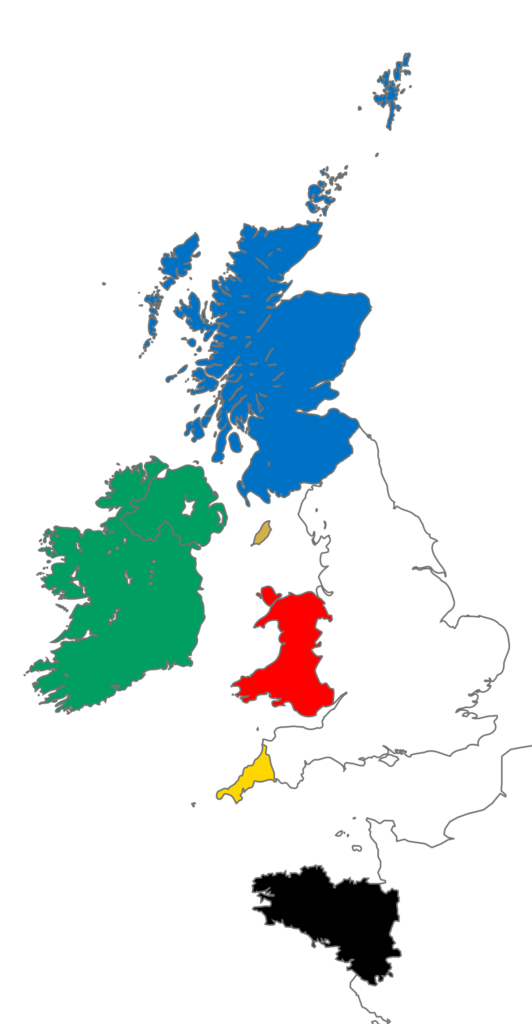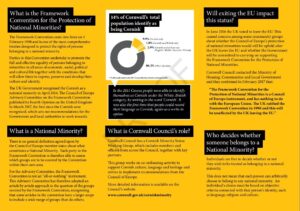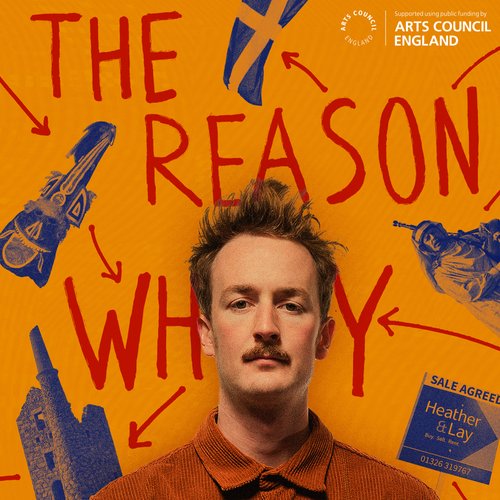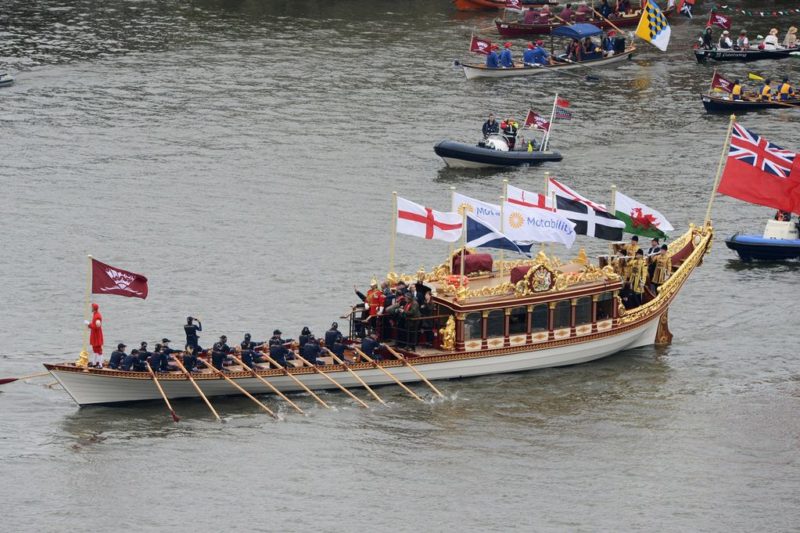Kernow a Celtic Nation
Kernow is a Celtic nation - Cornwall or Kernow in Kernewek the Cornish language, is one of the six Celtic nations that has its own language and distinctive identity. It is one of the five Celtic nations that makes up the British Isles along with Ireland, Isle of Man, Scotland and Wales. See also our Celtic nations webpage at Celtic Nations Links & News
Kernow's status as a Celtic nation within the United Kingdom
Cornwall occupies a unique position within the United Kingdom. It is treated by the UK government as an administrative county, but in reality it is much more than that. Cornwall was created a Royal Duchy in 1337 by Edward III with the first Duke being Edward the 'Black Prince'.
Up to the Norman Conquest Cornwall was in reality a quasi-independent principality only loosely tied to the rest of England with its borders set at the east shore of the River Tamar by English King Æthelstan in 936 AD. This separated Wessex and Cornwall and the river still forms most of the boundary between Cornwall and England today.
Links to articles setting out arguments relating to Cornwall's status are included here.
County, Duchy, Nation or Country The Case for Cornwall by Craig Weatherhill [2016]
Cornwall - A Category of its Own by Dr John Kirkhope [2015]
Cornwall - A Neglected Nation by Professor Mark Stoyle [2011]
Cornish National Minority Report - No' 2
Minority status
In 2014 the Cornish people were granted minority status within the United Kingdom, the government formally recognising the distinct identity of Cornish people.
This decision recognises the unique identity of the Cornish, now affords them the same status under the European Framework Convention for the Protection of National Minorities as the UK’s other Celtic people, the Scots, the Welsh and the Irish. For the first time the government has recognised the distinctive culture and history of the Cornish.
The UK signed the Framework Convention for the Protection of National Minorities in 1995 and ratified it in 1998.
The broad aims of the Framework Convention are to ensure that the signatory states respect the rights of people belonging to national minorities, undertaking to combat discrimination, promote equality, preserve and develop the culture and identity of national minorities, guarantee certain freedoms in relation to access to the media, minority languages and education and encourage the participation of people belonging to national minorities in public life.
The government’s approach to the Framework Convention is to be modified to recognise the unique position of the Cornish as a Celtic people within England. It is without prejudice as to whether the Cornish meet the definition of “racial group” under the Equality Act 2010, as only the courts can rule on that.
We will be adding further information and links relating to Cornwall and the Cornish peoples distinctive identity within the United Kingdom on an ongoing basis.
A leaflet issued by Cornwall Council in 2018 provides more information about the Framework Convention for the Protection of National Minorities. Since then the 2021 census has published figures showing revised numbers of Cornwall's residents national ethnicity in Cornwall. Sadly too few Cornish folk are willing to say they are Cornish. Click HERE or on the image for a downloadable pdf of the the leaflet.
Why devolution matters: the case of Cornwall
An in-depth paper by the UK’s pre-eminent progressive think tank, the Institute of Public Policy Research (IPPR) has called for more devolution of powers to Cornwall. IPPR - The Progressive Policy Think Tank
Cornwall was one of the first areas to secure a devolution deal in 2015 and it remains the only non-metropolitan area with devolved powers in England. But six years on, with significant progress made, it is clear that Cornwall has now outgrown its original deal.
In a time of crisis and uncertainty, it is Cornish businesses, communities, civil society organisations and local government that have led the response and in the coming months and year, will lead the recovery. Real long-term devolution of powers and resources for Cornwall, enacted in parliament, would turbocharge these efforts and make a significant contribution to the national effort to build back better.
In this briefing paper we examine how dynamics of identity, difference and rurality have influenced devolution and its development in Cornwall and what can be learned from this experience for devolution in the future.
We explore the case for strengthening devolution in the UK, particularly in England and set out some key principles for the Devolution & Local Recovery White Paper, due later this year. We propose that a much stronger and tangible commitment to devolution for places like Cornwall in England, alongside a strengthening of devolved powers in the devolved nations and regions, can secure a united future for the UK. Our shared prosperity depends on a fairer share of power.
Included here as part of the ongoing discussion relating to Cornwall and its status. Click on the link images below for the papers.
The Reason Why by Seamas Carey (Podcast)
Welcome to Cornwall; a land of contradictions. Seamas Carey takes a deep dive look at the social issues, housing crisis, hidden history and culture wars of contemporary Cornwall.
Mebyon Kernow believes that the historic nation of Cornwall, with its own distinct identity, language and heritage, has the same right to self-determination as other constituent parts of the UK, such as Scotland and Wales.
Mebyon Kernow continues to be the only political party campaigning for the recognition of Cornwall as a distinct national community for all forms of governance, administration and service provision.
The threat of climate change is the defining issues of modern politics, and the world is facing serious environmental threats. All nations around the World must meet this challenge head-on and put the issues of sustainability at the heart of decision-making.
MK is committed to the creation of a Cornish Parliament, which would produce a Climate Change Act to set out actions to reduce greenhouse emissions and develop a truly sustainable, low carbon economy.
MK is particularly determined to make Cornwall more self-sufficient, with greater resilience in terms of food production, energy production and supply networks.
MK believes that to achieve real sustainability we must foster radical changes to every aspect of our lives.
- A Green New Deal for Cornwall that creates high-quality jobs in environmental sectors, through initiatives such as an enhanced programme of home insulation, green electricity through renewable energy schemes, in particular geothermal, and the development of a green integrated transport system.
- A decentralised and sustainable economy which provides local needs as locally as possible, invests in local food production, and reduces levels of long-distance travel and dependence on imports.
- A zero-waste strategy which invests in the radical reduction of waste and increased re-use and recycling, eliminating landfill and incineration. MK is also campaigning to protect Cornwall’s green fields from inappropriate and unsustainable development.
Cornish Nation - Magazine
- Cornish Nation 92 - Oct 23
- Cornish Nation 91 - Jun 23
- Cornish Nation 90 - Feb 23
- Cornish Nation 89 - Oct-22
- Cornish Nation 88 - Jun-22
- Cornish Nation 87 - Feb-22
- Cornish Nation 86 - Oct-21
- Cornish Nation 85 - May-21
- Cornish Nation 84 - Jan-21
- Cornish Nation 83 - Sep-20
- Cornish Nation 82 - May-20
- Cornish Nation 81 - Jan-20
- Cornish Nation 80 - Aug-19
- Cornish Nation 79
- Cornish Nation 78
MK members believe that the people of Cornwall should have more say in how their lives are run and that politicians elected in Cornwall should be taking the key decisions about our nation’s future – not unelected bureaucrats or disinterested ministers in London.
This policy document therefore sets out a detailed proposal for the creation of a Cornish Parliament, which we commend to the people of Cornwall.
Download policy document pdf in either Kernewek or English
It might be considered that although the government of the United Kingdom may not fully recognise Cornwall as a separate nation perhaps her late Majesty The Queen did. As the Royal Barge floated serenely down the Thames during Queen Elizabeth's Diamond Jubilee in 2012 the Flag of St Piran, Cornwall's national flag flew proudly alongside those of the other nations of the United Kingdom.
During the Thames flotilla celebrations on 3rd June 2012, and in accordance with flag protocol, the new royal barge ‘Gloriana’ carried the Royal Standard of the United Kingdom and flags of the nations of the United Kingdom: The Cross of St George for England; the Saltire Cross of St Andrew for Scotland; Y Drag Goch /Welsh Dragon for Wales; the Cross of St Patrick for Northern Ireland; and the Baner Sen Peren of Cornwall.
It was noted that “These flags being flown plus the flag of the City of London, as a courtesy flag, as it was all being held in the City’s waters), were obviously approved by the highest authority in the land, and note that they included Baner Sen Peran, being flown as a national flag of equal status. This was the first time since Henry VIII’s coronation that Cornwall was being officially and publicly acknowledged as a nation of the UK, separate from, and distinct from, the other five”
Royal Barge Gloriana on the River Thames 3rd June 2012 flying the flags of the nations of the United Kingdom including Baner Sen Peren, flag of St Piran, of Cornwall.







